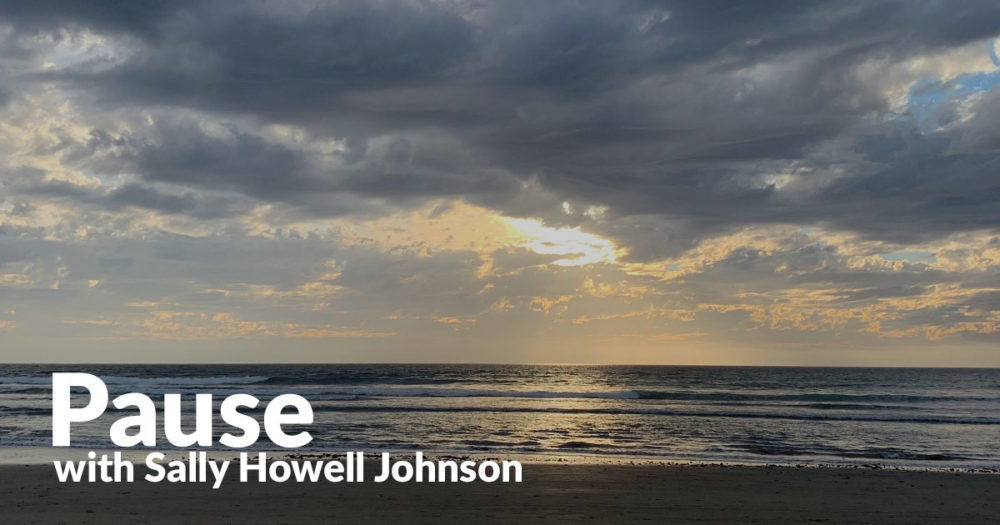“Come, grow old with me. The best is yet to be.”
~Robert Browning
Today is a day for feeling lucky. Today is a day for knowing I am blessed. I suppose the difference between luck and blessing is all a matter of how you see your life and where you aim the gratitude. I am standing, like Libra, holding the scales of luck and blessing as I look back on twenty-five years of marriage. Twenty-five years ago today, on an equally hot and humid August Saturday, my husband and I were married. It seems nearly impossible that so many years have sped by. And yet, this morning as we looked at our photo album from that day, the years became visible to us. We saw our younger, thinner selves flanked by other younger versions of our friends. We gazed upon children who now have children of their own. Most poignantly, we saw faces of those who are no longer with us. Some were already elderly when their photo was snapped that day. Others, as young as ourselves or even younger, have tragically been taken from this life. To look at the photos provided a perspective on what twenty-five years really looks like.
Many of the people in the images have continued to surround us these years, are still our friends and the dearest people in our lives. Others, we remarked, we have not seen much since that day. And yet, they sent us off in style and their blessing created the soil in which we planted much hope. As one who now is on the official end of marrying people, I always try to remind the couple that those they have chosen to be present at their wedding are the ones who are helping to create the threshold over which they will step into a life together. For those who are witnesses to the vows that are made, I offer a reminder that they are the ones who are promising, by their presence, to support the couple through the inevitable ups and downs of married life. In these twenty-five years, we have certainly known the blessing of such a supportive circle.
And yet, the statistics of failed marriage in our country is not lost on me today. And that is, perhaps, where the feeling of luck comes in. While we have had amazing support, loving family and friends, a strong faith, a deep love, a good dose of sheer stubbornness and lots of laughter, we have also watched those we love go down a different path than the one we have been privileged to travel. And so, with all the blessings, I also feel mighty lucky.
Luck or blessing? I think it is a bit of both. And through it all, my heart is filled with a deep, deep gratitude.
